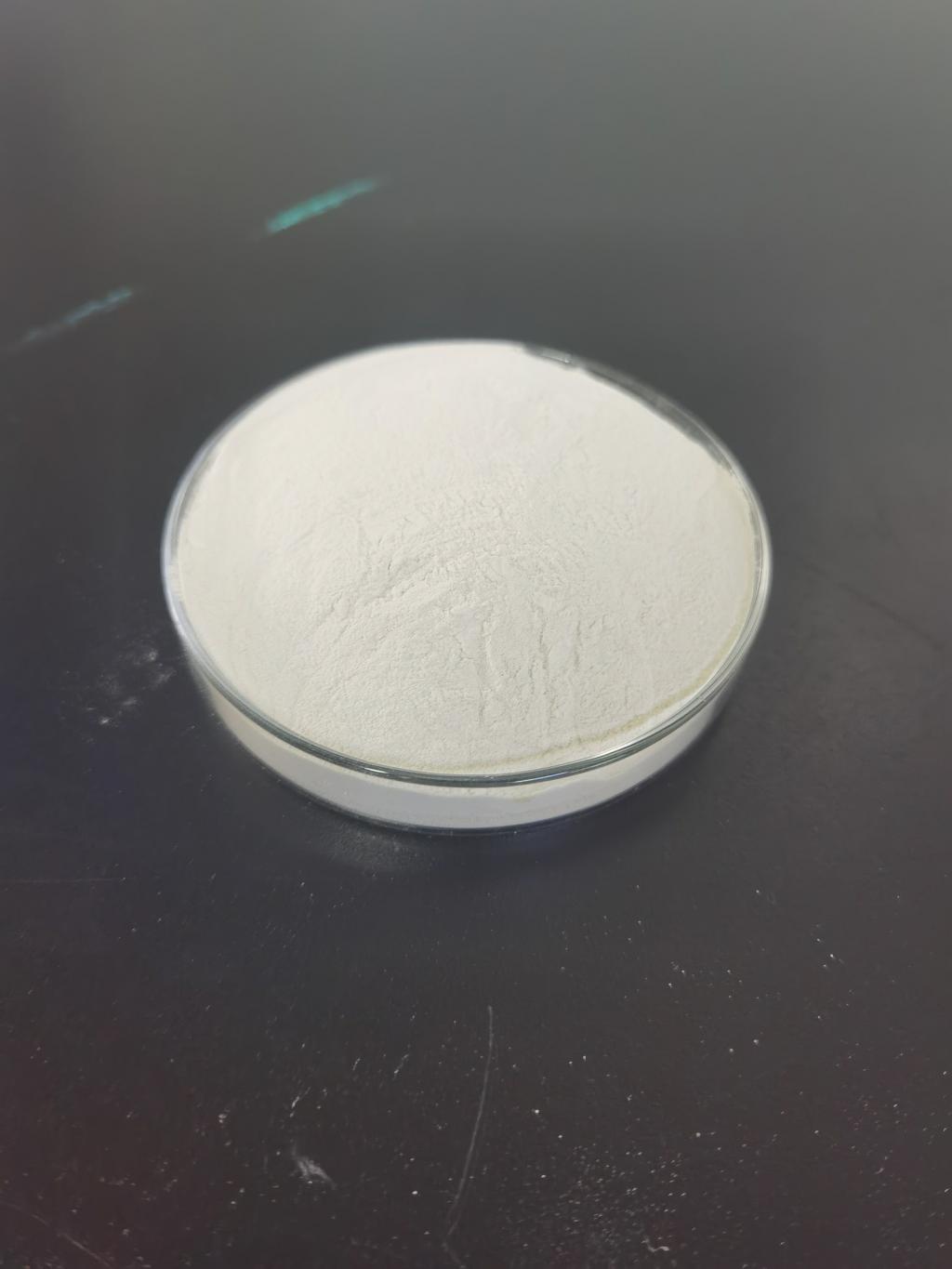Tel:+8618231198596

News
 CONTACT
CONTACT
 CONTACT
CONTACT
- Linkman:Linda Yao
- Tel: +8618231198596
- Email:linda.yao@dcpharma.cn
- Linkman:CHARLES.WANG
- Department:Overseas
- Tel: 0086 0311-85537378 0086 0311-85539701
News
Nisin in Fermented Beverages: Balancing Flavor and Preservation
TIME:2023-12-14
Fermentation in Beverages
Fermentation is a biological process in which microorganisms, such as bacteria, yeast, and molds, break down complex compounds into simpler ones. In the context of beverages, fermentation is often associated with the production of alcohol, carbonation, and the development of distinctive flavors. Common examples include beer, wine, kombucha, and kefir.
Flavor Development in Fermented Beverages
The flavor profile of fermented beverages is a result of complex interactions between the raw ingredients, microorganisms involved, and the fermentation conditions. Yeast, for example, contributes to alcohol production and the formation of esters, which are responsible for fruity aromas. Lactic acid bacteria (LAB) produce organic acids and contribute to the tangy or sour notes in the beverage. Achieving a well-balanced and desirable flavor is a key objective for beverage producers.
Microbial Safety Challenges
While flavor is of utmost importance, ensuring microbial safety is equally critical. The presence of harmful microorganisms can lead to spoilage, off-flavors, and pose health risks. Traditional methods of preservation often involve the use of chemical preservatives, which may conflict with the growing consumer demand for clean-label and natural products.
Nisin: An Overview
Nisin is a naturally occurring antimicrobial peptide produced by certain strains of Lactococcus lactis, a bacterium commonly used in the fermentation of dairy products. Nisin has been recognized and utilized for its antimicrobial properties since the 1960s. It is effective against a broad spectrum of Gram-positive bacteria, including some foodborne pathogens, making it an attractive option for preserving fermented beverages.
Preserving Flavor with Nisin
One of the challenges in preserving fermented beverages is maintaining the unique flavor characteristics developed during fermentation. Nisin offers a solution as it selectively targets harmful bacteria while leaving beneficial microorganisms, such as yeast and LAB, unaffected. This targeted action helps preserve the desired flavor profile of the beverage.
Application of Nisin in Beverage Production
Integrating nisin into beverage production requires careful consideration of factors such as concentration, pH, and the specific microorganisms present. Research studies have explored the optimal conditions for nisin efficacy in different beverage matrices, ensuring its successful incorporation without compromising flavor or safety.
Regulatory Considerations
As the use of nisin in fermented beverages becomes more widespread, regulatory bodies play a crucial role in establishing guidelines and permissible levels. The safety and efficacy of nisin must be thoroughly evaluated to meet regulatory standards and reassure consumers about its natural and safe use in food and beverages.
Consumer Perception and Acceptance
Consumer perception of food additives and preservatives significantly influences purchasing decisions. Explaining the natural origin and targeted action of nisin in preserving fermented beverages can contribute to consumer acceptance. Additionally, highlighting the positive impact on shelf life and safety may alleviate concerns regarding the use of preservatives.
Future Trends and Innovations
As the food and beverage industry continues to evolve, new technologies and innovations may emerge. Future trends could involve the development of novel antimicrobial peptides or the optimization of fermentation processes to naturally enhance preservation. Keeping an eye on emerging research and industry developments is essential for staying at the forefront of beverage production.
Conclusion
In the dynamic landscape of fermented beverages, achieving the delicate balance between flavor enhancement and preservation is a multifaceted challenge. Nisin, with its natural origin and selective antimicrobial properties, offers a promising solution. As the industry navigates the intersection of flavor, safety, and consumer preferences, the integration of nisin into beverage production represents a step towards meeting the evolving demands of the market.
- Tel:+8618231198596
- Whatsapp:18231198596
- Chat With Skype







